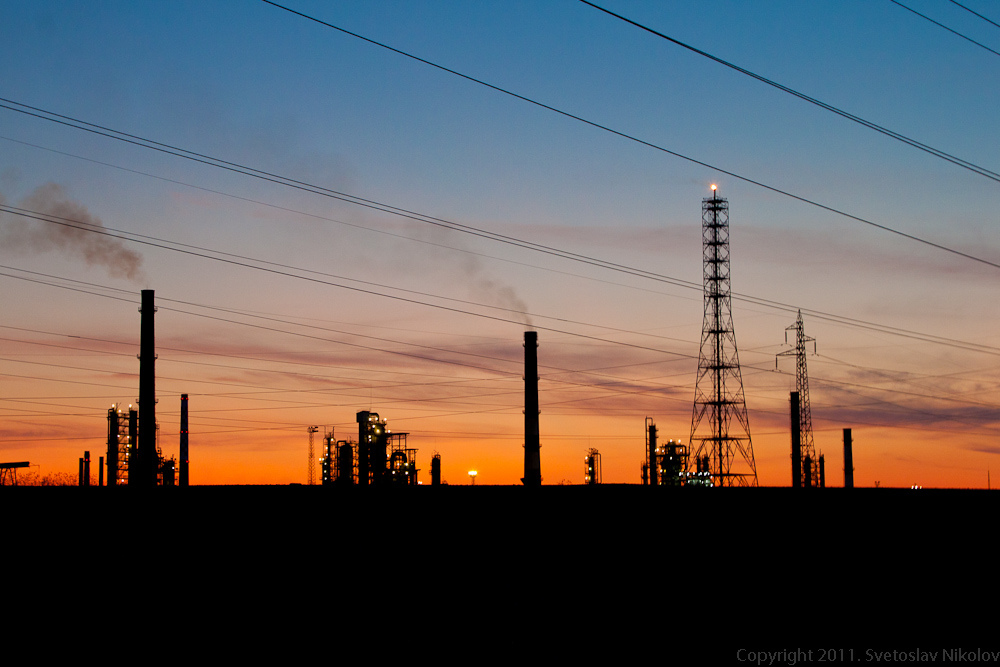The oil industry has a history of successfully adapting to significant changes, the nationalisation of oil production in oil rich countries being a prime example. Yet oil majors seem to be willfully blind to the momentous shift afoot.
Following the trend of rising oil prices, oil giant’s investments in new oil projects increased in 2017. This is despite their rhetoric on climate change and — disproportionately small — investments in low-carbon technologies.
But demand for oil will increasingly be under pressure from the emergence of different transportation services and technologies, such as automated, electric and more fuel-efficient vehicles; new government policies to regulate air pollution; pressures on end markets, such as plastics; and slowing energy demand in China.
These disruptive trends threaten the profitability of new fossil fuel projects, and oil companies’ survival in a lower-oil demand world.
Nevertheless, rising oil prices and better-than expected third quarter results suggest European oil majors’ fourth quarter results, due to be published this month, will be robust.
Reuters predicts oil majors will generate more cash in 2018 than at any other time this decade – a prediction which will most likely be reflected in European oil majors BP, ENI, Repsol, Shell, Statoil and Total’s fourth quarter results, due to be published this month.
It isn’t quite time to party though — memories of the oil price crash in 2014 are still fresh on investors’ minds and oil companies will still have to demonstrate that they can pay robust dividends.
In 2014, the Brent oil price went from a high of $115 a barrel to about $70 a barrel: the oil price rollercoaster had rarely ever been that steep. Cash-constrained oil companies were forced to reduce their investments in new fossil fuel projects sand implement aggressive efficiency and cost-reduction measures.
Sadly, these measures also had a significant impact on the workforce: Shell alone laid off over 12,500 of its employees, or 12% of its workforce, as part of its efforts to reduce costs.
These layoffs were part of cost-reduction strategies that allowed oil companies to bounce back to profitability, amplified by the climb in oil price. Given the historical relationship between oil prices and company spending levels, it’s no surprise that 2017 saw a rise in investments in new oil projects compared to 2016.
This means oil majors’ investments in new fossil fuel infrastructure in 2017 will increase predicted total oil production by 6% by 2024 (as it takes time to build the infrastructure the oil isn’t pumped straight away), according to investment intelligence firm Edison.
It’s almost as if the oil and gas giants have their heads stuck in the (oil) sand about their unsustainable growth models.
One wouldn’t reach this conclusion, though, by browsing through their websites or PR brochures. Five of the six projects featured on Shell’s homepage are about their low-carbon investments, although these only represent 4-8% of Shell’s total capital and its executives are still incentivised to ‘maximise hydrocarbon growth’ in their remuneration package.
Furthermore, while the firm claims to support the Paris Agreement and its goal of keeping the rise in global temperatures below 2C, InfluenceMap identified Shell as one of the most obstructive companies to the implementation of climate-related policies, alongside BP, Chevron and Exxon Mobil.
Shell’s European counterparts are no better — Total has a stated ambition to be “the responsible energy major” but continues to invest in Canadian oil sands, which produce three to four times as much greenhouse gas emissions per barrel as the production of regular crude oil.
Tar sands in Alberta, Canada. Photo: Dru Oja Jay, Dominion via wikimedia | CC2.0
Head of Shell’s scenario team Jeremy Bentham said that “if [oil demand peaked in the coming decade] and you were stuck holding the oil sands, you [would be]—gosh, forgive me—fucked.”
In summary, in the face of the climate crisis, Big Oil’s efforts to decarbonise are at best unconvincing — and at worst harmful.
Investors are increasingly waking up to the challenge.
Currently, 831 institutions and more than 58,000 individuals representing $6.01 trillions of assets under management have committed to divesting from fossil fuels for climate-related reasons – and that number is rising every month.
Although some have decided to get out before it’s too late, other investors are willing to defy management on climate-related issues.
The 2017 Exxon shareholder resolution is a notable example, but there are many others. In 2017, six or more of the largest shareholders in Southern Company, Devon Energy, PPL Corporation, and DTE Energy moved from either supporting management or abstaining from voting to supporting climate resolutions filed by independent shareholders in the company.
Yet most of these resolutions have focused on climate disclosure – an important aspect of the solution but one which remains a marketing tool if not followed up by concrete action.
Investors only have a limited window of opportunity to challenge oil companies’ bullish ambitions of oil production growth. Failure to do so may not only result in significant wipe out of their capital — but also the savings of millions of workers across the world, including anyone in the UK with the pension fund, who have their pensions tied into fossil fuel companies’ success or failure.
With the AGM (Annual General Meeting) season on our doorstep, investors need to step up their game and escalate their engagement with oil and gas companies.
Jeanne Martin is Senior Campaigns Officer for ShareAction – @ShareActionUK.
Photo: Svetoslav Nikolov via Flickr| CC2.0
Subscribe to our newsletter
Stay up to date with DeSmog news and alerts








